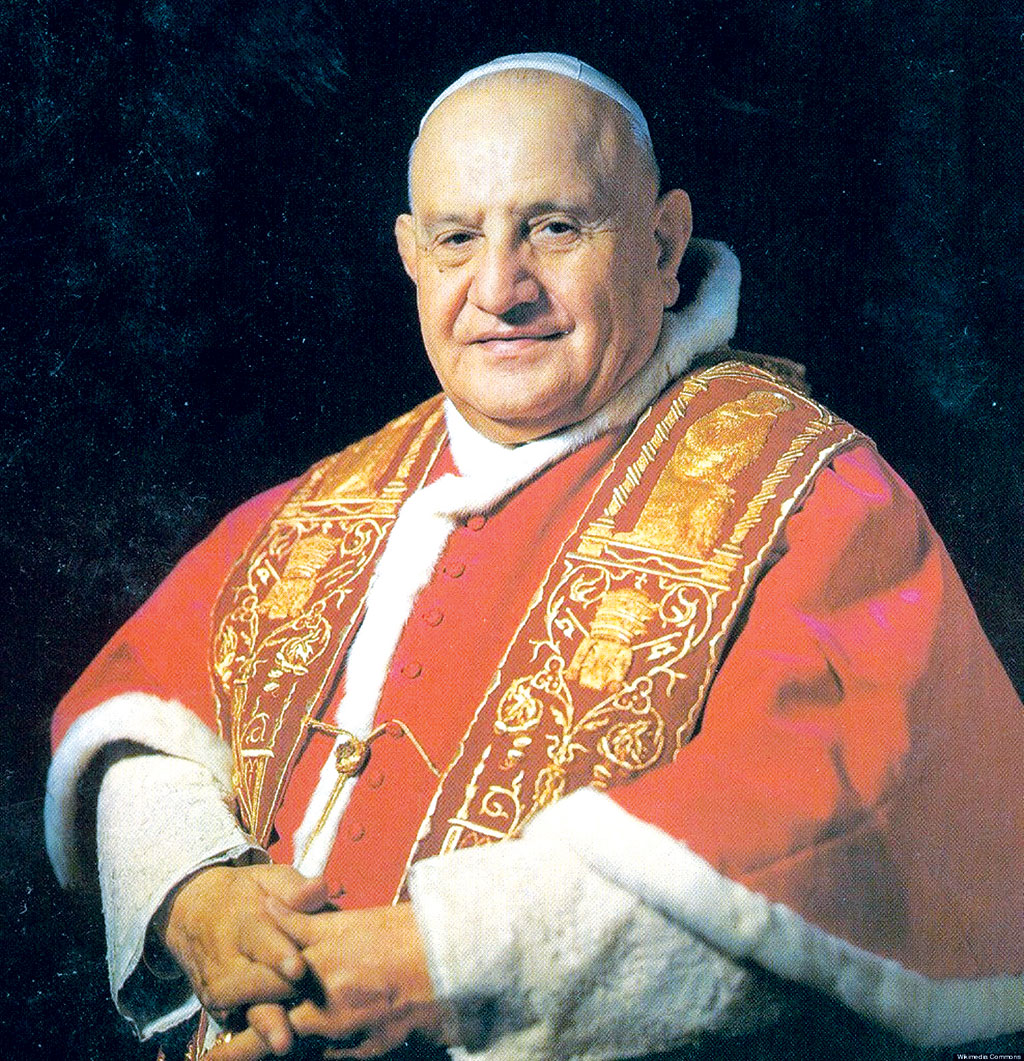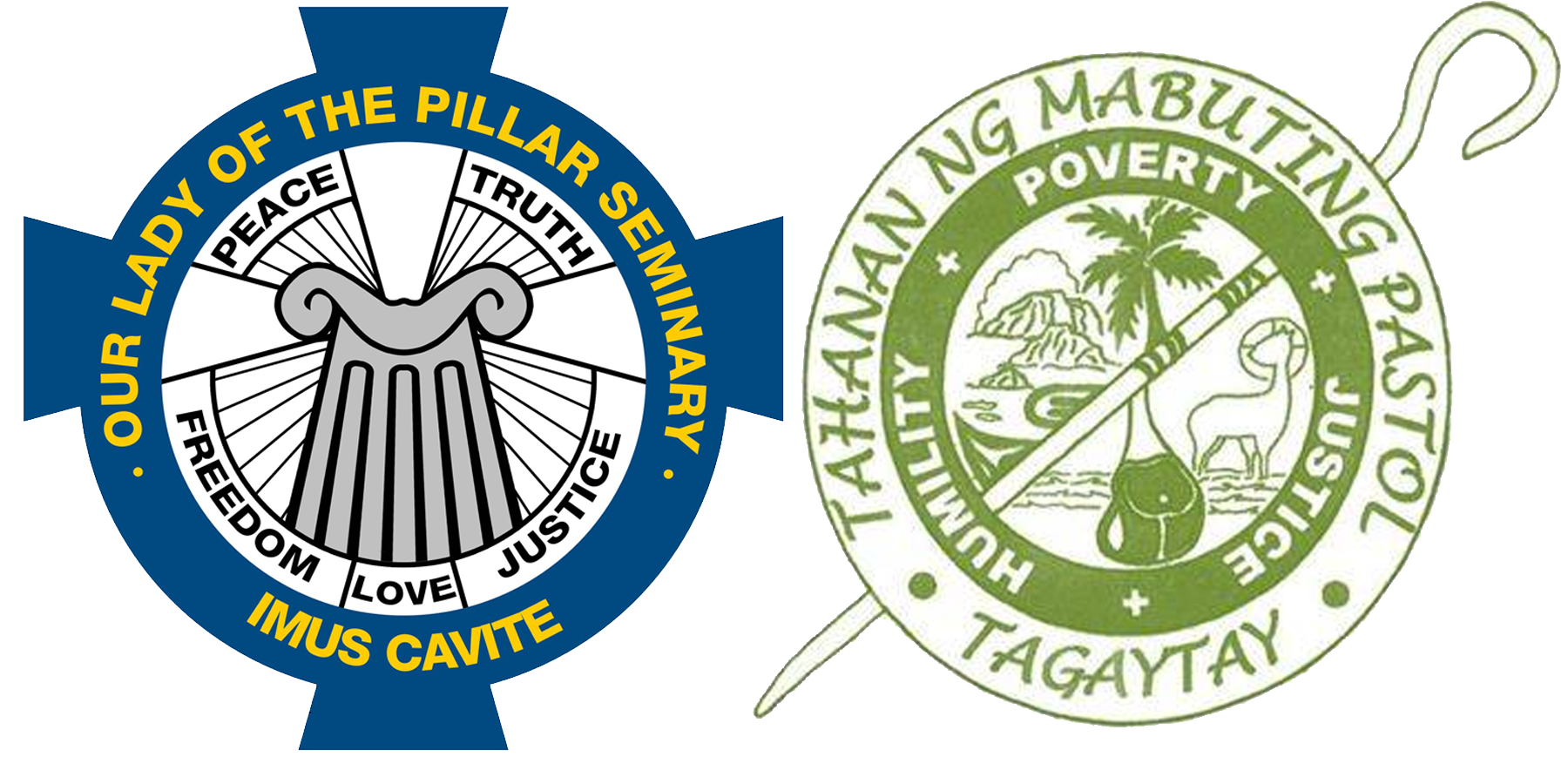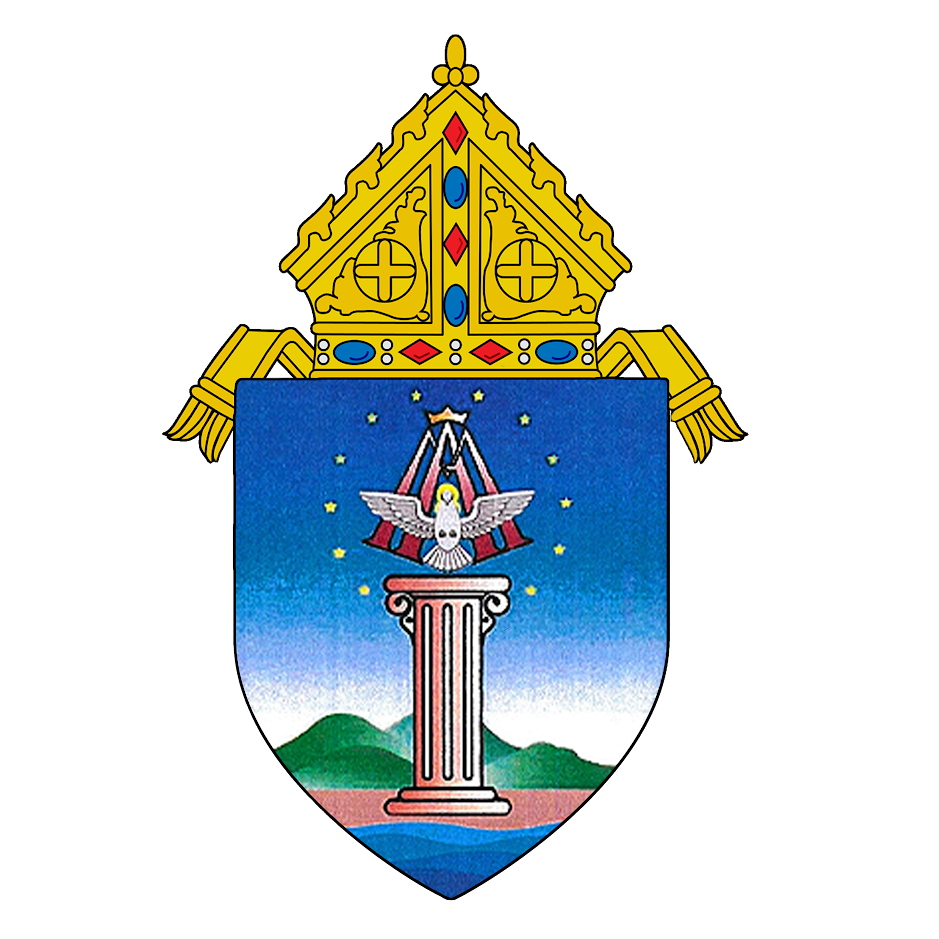The Erection of the Diocese of Imus
THE CREATION OF THE NEW DIOCESE
After more than 300 years under the jurisdiction of the Archdiocese of Manila, the Diocese of Imus was erected for the entire province of Cavite by virtue of the Apostolic Constitution “Christi Fidelium” dated November 25, 1961. His Holiness, Pope John XIII, separated Cavite from Manila, creating the independent Diocese of Imus with the Ntra. Senora del Pilar as titular patroness.

THE DIOCESAN SEMINARIES
In 1970, the Second Bishop of Imus opened a minor seminary in Imus named after the patroness of the Diocese. Fr. Josefino Ramirez was assigned as the Rector of the Seminary. The seminary was first housed at the bishop’s Residence, where seminarians received their formation, while they attended their academic classes at St. Andrew’s School in Parañaque. Later, the seminary was transferred to the house of Asisclo Castañeda in Satorre St., Imus, Cavite, then it was moved once again at the Bishop’s House. After some time, the high school department was phased out.

THE CLERGY OF CAVITE
The Caviteño clergy has been known for their more progressive outlook in the ministry. During the Martial Law days, many priests of Cavite led by their Bishop were involved in fighting for justice, protecting the rights of people, and opposing the oppressive policies of the dictatorship. Bishop Felix Perez, D.D., himself who came from a family of patriots, was dubbed as one of the “Magnificent Seven.”

DIOCESAN PASTORAL ASSEMBLY
In 1998, a working committee was created to initiate the brainstorming of ideas regarding the celebration of a Diocesan Pastoral Assembly (DPA). On March 5, 1998, the first meeting of the Diocesan Pastoral Planning Consultation was held. A series of meetings were held, and on July 20-21, 1998, a Consultation Seminar among the clergy at Canossa Retreat House was also held. The DPA Commission was established.

A GOOD SHEPHERD OF THE DIOCESE OF IMUS
By Bernardo N. Sepeda, Ed.D.
Bishop Felix Paz Perez, the second Bishop of the Diocese of Imus in Cavite, Philippines is one of those individuals who “embody those ‘convictions’ that are at the core of the Christian faith.” He is a holy man of the Church (Brown, Escaler, Matanguihan, Mendoza). He was one of the so-called “Magnificent Seven” of the Catholic Bishop’s Conference of the Philippines (CBCP) during the martial law years.

DIOCESAN PASTORAL PRIORITIES FOR EVANGELIZATION
"Diocesan Pastoral Priorities for Evangelization (DPP-E) is one of the programs of the Golden Jubilee that serve as the strong foundation of our faith and commitment as faithful. The activities and programs shared and engaged everyone to be revitalized and be renewed spiritually guided by the programs of the DPP-E. It also strengthened the parishioners and moved them to become responsible agents of social transformation through catechetical formation programs.”

5th ASIAN YOUTH DAY
The Philippines, being chosen as the host country for the week-long gathering of more than 2,000 young people from the different regions in Asia, was indeed a very significant and wonderful experience. The five-day Fiesta highlighted the following: renew one’s faith in and love for the Word of God and the Eucharist, celebrate youthfully the Word and the Eucharist in our contexts, cultures, and communities, become agents of transformation by living out the Word and the Eucharist in our realities in Asia. The Federation of Asian Bishops’ Conferences – Office of Laity and Family – Youth Desk was the organizer, Catholic Bishops’ Conference of the Philippines – Episcopal Commission on Youth (National Secretariat for Youth Apostolate) as the country host chaired by Bishop Joel Z. Baylon, and the Diocese of Imus, under the helm of Bishop Luis Antonio G. Tagle, served as the host Diocese.

